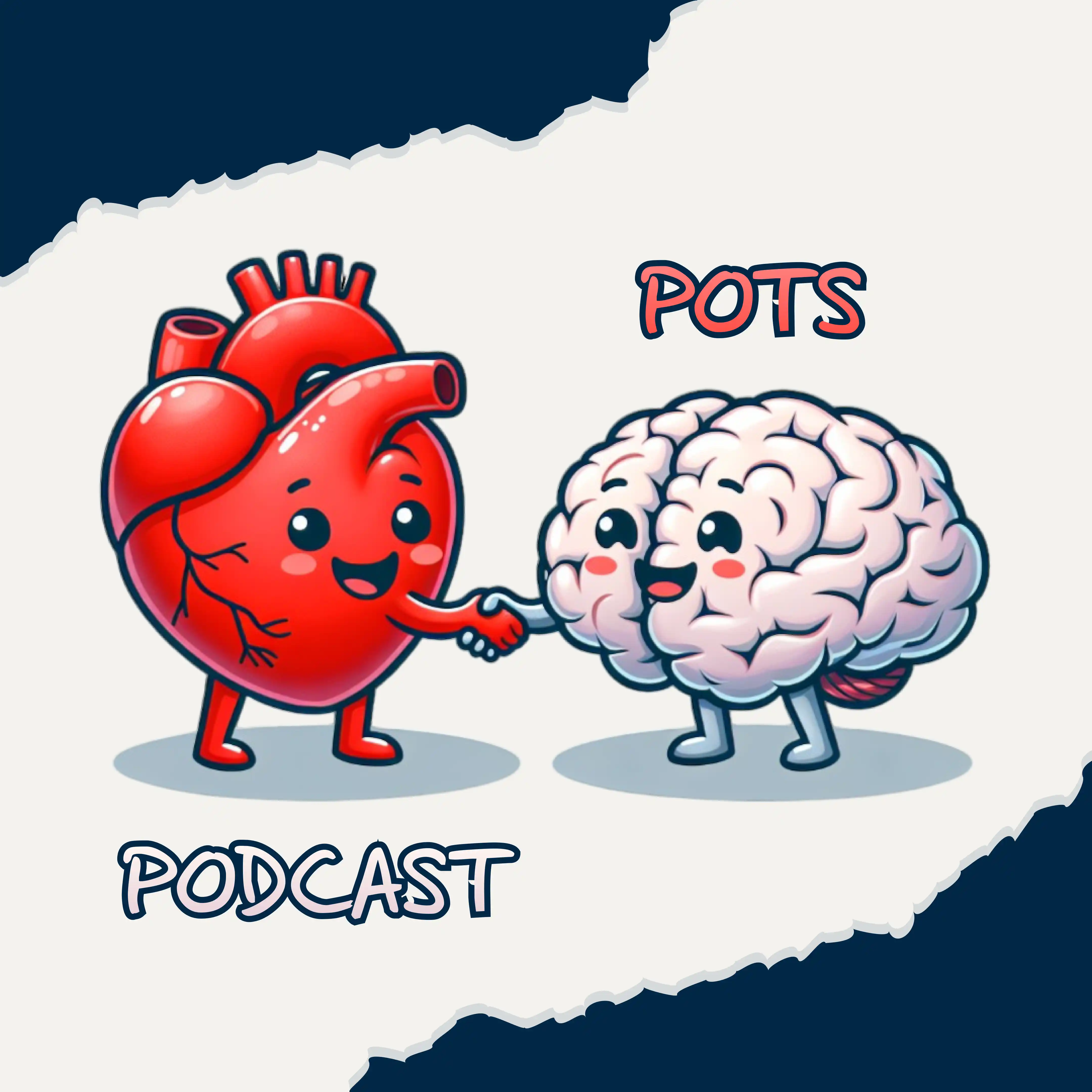
The Neurological Revolution: Innovative Approaches to POTS & Complex Health Challenges
In this reunion episode, chiropractic classmates Dr. Joseph Schneider and Dr. Mark Sanna reflect on their educational journey before diving into the complex world of Postural Orthostatic Tachycardia Syndrome (POTS) treatment. Dr. Schneider explains how patients with POTS face cascading symptoms affecting multiple body systems, leaving them frustrated after visiting major medical institutions with six-month waiting lists and limited treatment approaches. The conversation highlights how functional neurology and brain scanning technologies can identify inflammation patterns in the brain, especially common in post-COVID patients. They discuss the importance of patient education and the value of giving patients all-inclusive information about their condition rather than oversimplifying. Dr. Schneider also shares his personal health journey that led him to open the Hope Regenerative Medicine Center, which integrates various disciplines including peptide therapies to address complex neurological conditions from POTS to cerebral palsy. Connect with Dr. Joseph Schneider: Website: Hope Brain and Body Recovery Center LinkedIn: Joseph Schneider YouTube: hopebrainbodyrecoverycenter Instagram: @hopebraincenter_ Facebook: Hope Brain and Body Recovery Center
Description:
In this reunion episode, chiropractic classmates Dr. Joseph Schneider and Dr. Mark Sanna reflect on their educational journey before diving into the complex world of Postural Orthostatic Tachycardia Syndrome (POTS) treatment. Dr. Schneider explains how patients with POTS face cascading symptoms affecting multiple body systems, leaving them frustrated after visiting major medical institutions with six-month waiting lists and limited treatment approaches. The conversation highlights how functional neurology and brain scanning technologies can identify inflammation patterns in the brain, especially common in post-COVID patients. They discuss the importance of patient education and the value of giving patients all-inclusive information about their condition rather than oversimplifying. Dr. Schneider also shares his personal health journey that led him to open the Hope Regenerative Medicine Center, which integrates various disciplines including peptide therapies to address complex neurological conditions from POTS to cerebral palsy.
Connect with Dr. Joseph Schneider:
Website: Hope Brain and Body Recovery Center
LinkedIn: Joseph Schneider
YouTube: hopebrainbodyrecoverycenter
Instagram: @hopebraincenter_
Facebook: Hope Brain and Body Recovery Center


Comments